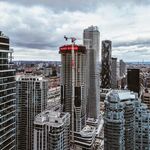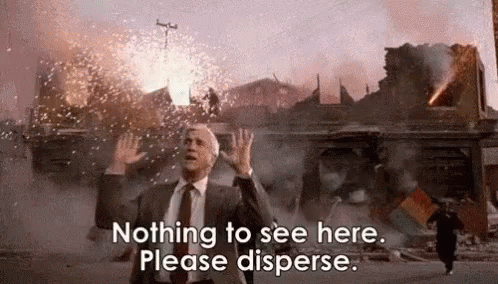As the Ford government faces
increased scrutiny over its decision to open up parts of the Greenbelt for housing development, the head of an advisory group that was once seen as a key defender of the protected land has thrown her support behind the controversial move.
In an open letter on Wednesday, Hazel McCallion, the longtime former mayor of Mississauga, who was recently appointed chair of the Greenbelt Council, called the government’s decision “brave, important, responsible and necessary.”
“The most recent changes to the Greenbelt, actually do make sense,” the 101-year-old McCallion wrote. “If we are to meet the challenges of the epically growing human population of the GTA and provide truly livable and affordable communities, then we must allow for housing and new communities to be created where it makes sense to do so.”
Those fighting the government’s plan say they are not surprised Ford has found an ally in McCallion, who presided over explosive, low-density growth in Mississauga that earned her the nickname “Queen of Sprawl.”
However, her public support for developing parts of the Greenbelt is a dramatic about-face for the council, which was created to provide impartial advice to the province on how to manage the protected land, and has previously opposed proposals that could put it at risk. In late 2020,
seven members resigned in protest of legislation that limited the mandate of Ontario’s local conservation authorities to protect the environment from development.
“It’s very, very shocking to see someone who is now the head of Greenbelt Council defending the irrational attacks on the Greenbelt,” said Tim Gray with the non-profit advocacy group Environmental Defence. “This letter would lead one to conclude that (the Greenbelt) has lost a defender, that’s for sure.”
Gray said McCallion has her facts “fundamentally wrong” about the need to build housing in the Greenbelt, which was created in 2005 to curb sprawl and encompasses 800,000 hectares of farmland, forests and wetlands.
“There is a mountain of evidence to show that we have tens of thousands of hectares of land within existing urban boundaries throughout the Greater Golden Horseshoe that are already within boundaries zoned for development,” he said. “The Greenbelt is meant to be permanent.”
In response to questions from the Star for this story, McCallion, who the province tapped to lead the council in October, said the timing of her letter “has to do with my own personal situation and nothing else.”
“It was just time to weigh in publicly on this important matter,” she said.
McCallion released her letter on the same day that two provincial watchdogs confirmed they were investigating the government’s decision to
open 15 areas of the Greenbelt for development while creating new protected areas elsewhere. The probes by the integrity commissioner and auditor general come amid concerns that some developers were secretly alerted to the plan in advance after a
Toronto Star/Narwhal investigation exposed questions about the timing of purchases of protected parcels of land that are now set to become developable and complaints from both opposition parties.
Ford and Municipal Affairs and Housing Minister Steve Clark have denied developers were given advance notice of the decision, which backtracked on the government’s earlier promise to leave the protected Greenbelt lands untouched.
In an email on Thursday, Clark’s office said McCallion is “one of Canada’s most prominent and well-respected public figures.”
“We are deeply grateful that she is continuing her legacy of public service as chair of the Greenbelt Council,” spokesperson Victoria Podbielski said, adding that McCallion “speaks for herself — as she always has.”

 www.thestar.com
www.thestar.com






